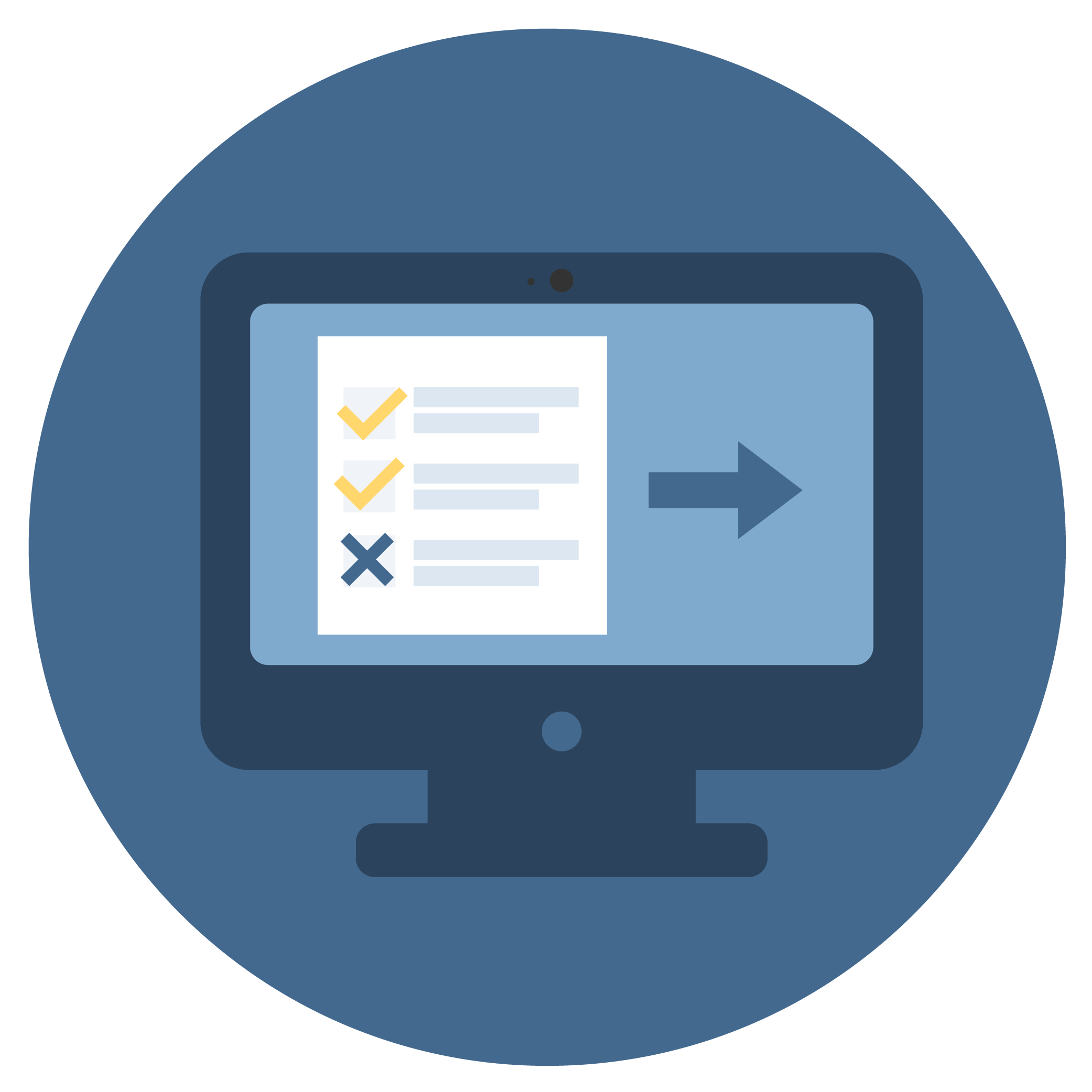Common types of dangerous waste
Many businesses in Washington generate some type of dangerous waste — waste that is harmful to human health and the environment. Businesses must follow the Dangerous Waste Regulations to ensure they properly handle and dispose of dangerous waste.
Learn more about how to manage common types of dangerous waste found in most businesses and those unique to certain types of businesses, such as dental offices, auto body shops, and others.
Learn more about dangerous waste
What is dangerous waste?
Washington state uses the term "dangerous waste" rather than the federal law's term of "hazardous waste." This is because Washington state's Dangerous Waste Regulations are more protective than federal laws. The definition of "dangerous waste" is more expansive than "hazardous waste."
When is a product dangerous waste?
Products used by businesses may qualify as dangerous waste once they are discarded or no longer have a use (i.e., become a waste). The only way to know for sure if something is dangerous waste is to designate it.
- Learn how to designate your waste.
- Look for products labeled “DANGER,” “FLAMMABLE,” “WARNING,” “POISON,” or something similar. When these products become waste, they may be considered dangerous waste.
Common wastes across most businesses
These items can be found across multiple types of businesses:
- Aerosol cans.
- Batteries.
- Cleaners and disinfectants.
- Electronic waste (computers, TVs and cathode ray tubes, laptops, cellphones, etc.).
- Lights, light bulbs, and lamps.
Common wastes by business type
In addition to common wastes listed above, your business may work with certain products that are unique to your industry. Learn how to manage them correctly.
- Auto body shops and auto recyclers.
- Construction and demolition.
- Dry cleaners.
- Health and medical care facilities, such as:
- Dentists and dental offices.
- Pharmacies, hospitals, and any others that deal with pharmaceutical waste.
- Retailers and other stores that deal with nicotine and cannabis waste.
Related links
Contact information
Need help?
Contact a dangerous waste inspector in your region.


